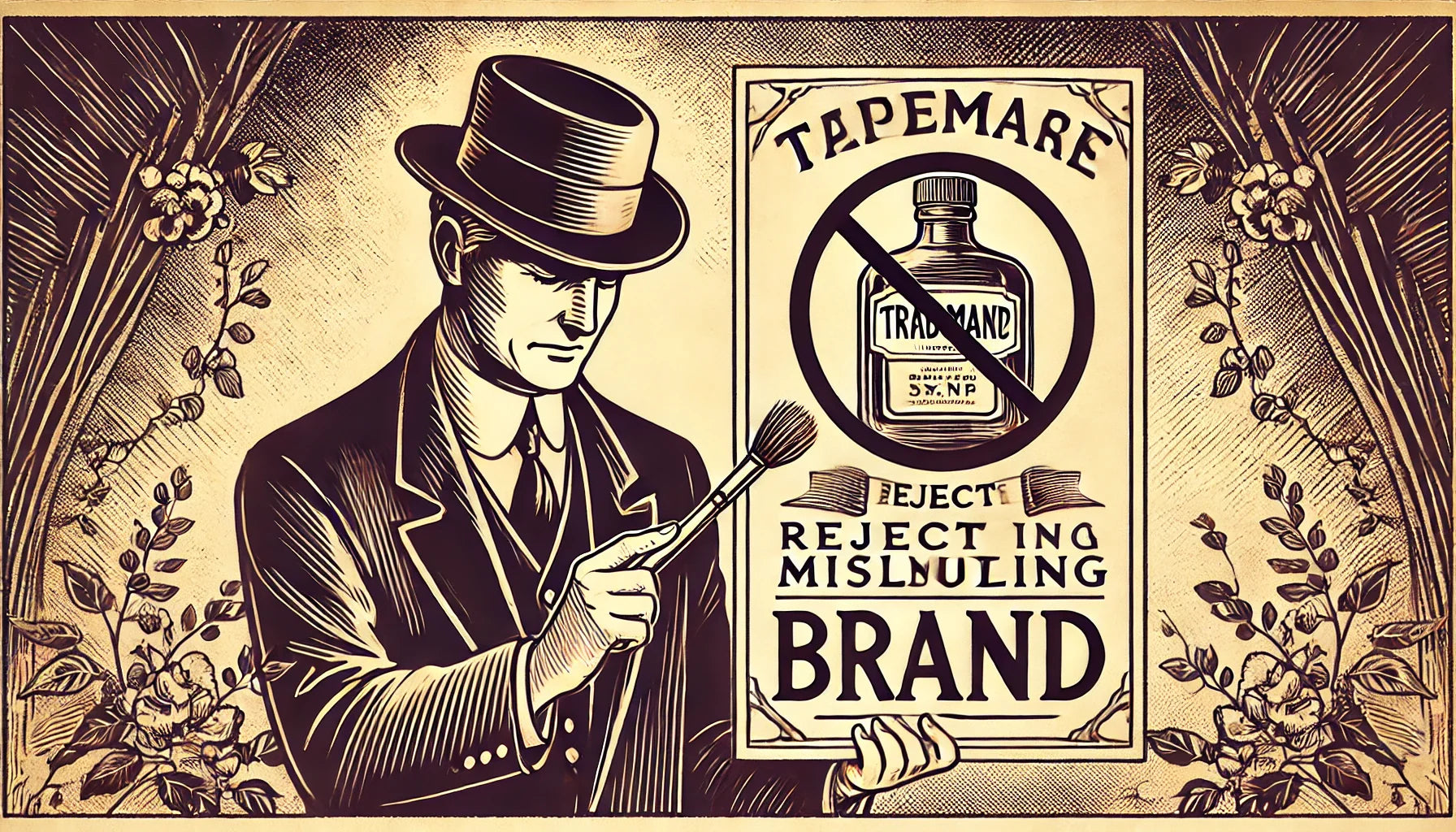Novelty is one of the basic requirements for obtaining a patent. In order to be granted a patent, the invention must be new and not already known or used by others. If the invention is not novel, the patent can be invalidated. Here are some situations where a patent may be invalidated for lack of novelty:
-
Prior Art - If the invention has already been disclosed or made available to the public, it may not be novel. This includes any prior art, which is any information that was publicly available before the filing date of the patent application.
-
Public Use - If the invention has been publicly used before the filing date of the patent application, it may not be novel. This can include any commercial use or sale of the invention.
-
Inherently Obvious - If the invention is considered to be inherently obvious to a person skilled in the relevant field, it may not be novel. This means that the invention is something that anyone skilled in the field would have come up with on their own, without needing to rely on the patent.
-
Similar Inventions - If the invention is very similar to an existing invention or combination of existing inventions, it may not be novel. This can include any small changes or modifications to an existing invention.
In order to avoid invalidation of a patent due to lack of novelty, it is important to conduct a thorough search of existing prior art before filing the patent application. This can help identify any existing inventions or disclosures that may be similar to the invention being patented, allowing for adjustments or modifications to the invention to ensure that it meets the novelty requirement.
In conclusion, lack of novelty is one of the most common reasons for patent invalidation. It is important to conduct a thorough search of existing prior art and ensure that the invention being patented is truly novel and not already known or used by others. If the invention is not novel, it may be difficult or impossible to obtain a valid patent.






Comment
it was a great Article, with so many insights, it helps me a lot during my research. I hope it’ll be more articles alike that be beneficial for IP researches or graduates, when it comes to IP rights.